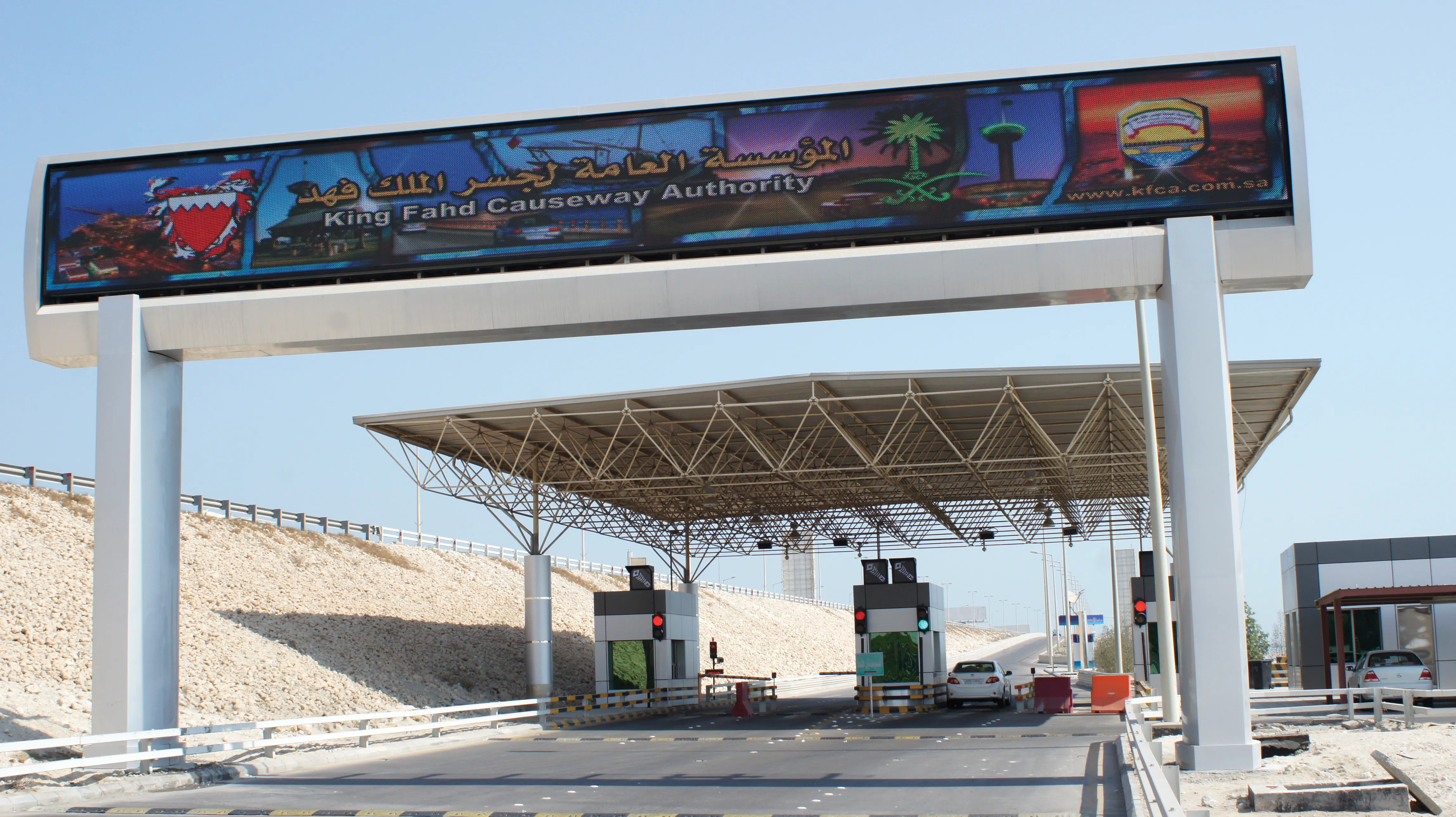Traffic police in Finland have been carrying out breath tests across the country in a bid to reduce the around “58 cases a day” of drink-driving detected on the nation’s highways.
A recent breath test day operation was held in Mikkeli, southern Finland and filmed by TISPOL (the European Traffic Police Network).
Speaking to the TISPOL film crew during the test day, Finland Traffic Police Chief Inspector Jarmo Puustinen said, “We are doing this because we have an average of 21,000 cases monthly where people
December 17, 2013
Read time: 2 mins
Traffic police in Finland have been carrying out breath tests across the country in a bid to reduce the around “58 cases a day” of drink-driving detected on the nation’s highways.
A recent breath test day operation was held in Mikkeli, southern Finland and filmed by4753 TISPOL (the European Traffic Police Network).
Speaking to the TISPOL film crew during the test day, Finland Traffic Police Chief Inspector Jarmo Puustinen said, “We are doing this because we have an average of 21,000 cases monthly where people are driving under the influence of alcohol. Every day we catch approximately 58 drivers. This is quite a big amount, I would say.”
“We are doing a lot of screening tests and a lot of cases come from traffic [police] control. We also get tips from the public.”
The filmed traffic police tests in Mikkeli were carried out in both directions of a popular 60km/hour highway, in sub-zero degree temperatures. The results of the test day operation are still to be made public.
In Finland the authorities have access to a database of a driver’s income, with fines proportionate to the income of the offender.
Similar anti-drink drive traffic police operations are continuing all across Europe throughout the month of December into early January 2014.
A recent breath test day operation was held in Mikkeli, southern Finland and filmed by
Speaking to the TISPOL film crew during the test day, Finland Traffic Police Chief Inspector Jarmo Puustinen said, “We are doing this because we have an average of 21,000 cases monthly where people are driving under the influence of alcohol. Every day we catch approximately 58 drivers. This is quite a big amount, I would say.”
“We are doing a lot of screening tests and a lot of cases come from traffic [police] control. We also get tips from the public.”
The filmed traffic police tests in Mikkeli were carried out in both directions of a popular 60km/hour highway, in sub-zero degree temperatures. The results of the test day operation are still to be made public.
In Finland the authorities have access to a database of a driver’s income, with fines proportionate to the income of the offender.
Similar anti-drink drive traffic police operations are continuing all across Europe throughout the month of December into early January 2014.








